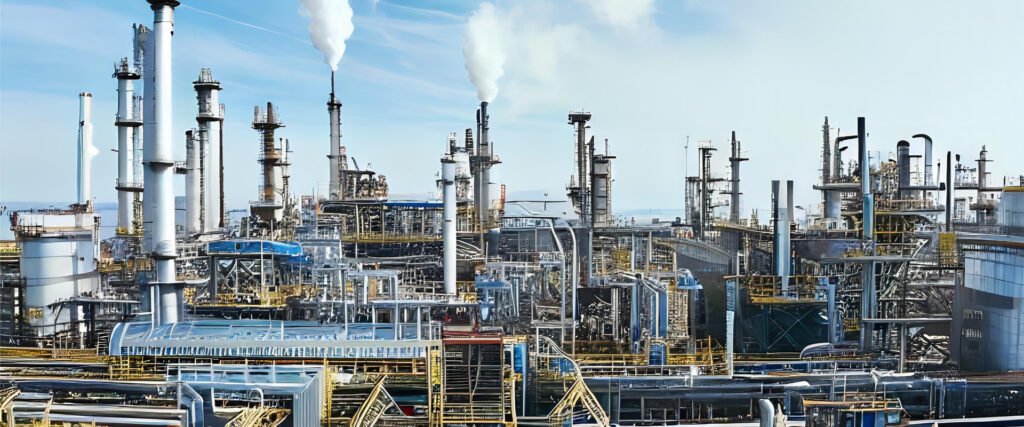Your cart is currently empty!
TEL:08615998857658

Additive to increase oil viscosity
There are various additives used to increase oil viscosity depending on the specific application.
Description
| There are various additives used to increase oil viscosity depending on the specific application. Some common additives include:
Viscosity Index Improvers (VIIs): These polymers expand when heated, reducing oil thinning at high temperatures and improving viscosity. They’re crucial for multi-grade oils. Pour Point Depressants: They prevent the formation of wax crystals in cold temperatures, maintaining fluidity and viscosity. Thickeners: Certain additives like viscosity modifiers or thickeners are added to increase the oil’s viscosity. These might include materials like polymers, which enhance the oil’s ability to maintain viscosity under different conditions. Anti-wear Additives: While they aren’t directly related to viscosity, they help maintain oil film strength, which indirectly impacts viscosity by preventing shearing of the oil molecules. Always follow the manufacturer’s recommendations and be mindful that excessive use of additives can alter oil properties beyond their intended range or affect compatibility with engine components. |
There are several additives used to increase the viscosity of oils, depending on the specific requirements and applications. Here are some common types of additives used for this purpose:
1. **Viscosity Index Improvers (VII)**: These additives are commonly used in multi-grade engine oils and hydraulic fluids to improve viscosity-temperature performance. VII additives are polymers that expand at higher temperatures, increasing the viscosity of the oil to maintain adequate lubrication properties across a wide range of operating temperatures.
2. **Thickeners**: Thickeners are additives designed to increase the viscosity of oils, particularly grease lubricants. Common thickeners include lithium, calcium, aluminum, and polyurea complexes, which are added to base oils to create a thicker consistency suitable for specific applications.
3. **Polymer Viscosity Modifiers**: Similar to VII additives, polymer viscosity modifiers are used to enhance the viscosity-temperature characteristics of oils. These additives are high molecular weight polymers that improve viscosity at high temperatures without significantly impacting viscosity at low temperatures.
4. **High Viscosity Base Oils**: Sometimes, simply blending oils with higher viscosity base oils can increase the overall viscosity of the lubricant. This method is commonly used when formulating specialty lubricants or when adjusting the viscosity of industrial oils to meet specific application requirements.
5. **Pour Point Depressants (PPD)**: While PPDs are primarily used to lower the pour point of oils, they can also indirectly influence viscosity by preventing wax crystal formation, which can thicken the oil at lower temperatures.
6. **Tackifiers**: Tackifiers are additives used in lubricating oils and greases to increase their adhesion to metal surfaces. While tackifiers primarily improve adhesive properties, they can also contribute to viscosity enhancement by increasing the thickness and stickiness of the lubricant film.
It’s essential to note that the selection of the appropriate viscosity-increasing additive depends on various factors, including the base oil type, application requirements, operating conditions, and compatibility with other additives in the formulation. Additionally, the concentration of the additive and its interaction with other components must be carefully considered to ensure the desired viscosity characteristics are achieved without compromising overall lubricant performance.







Reviews
There are no reviews yet.